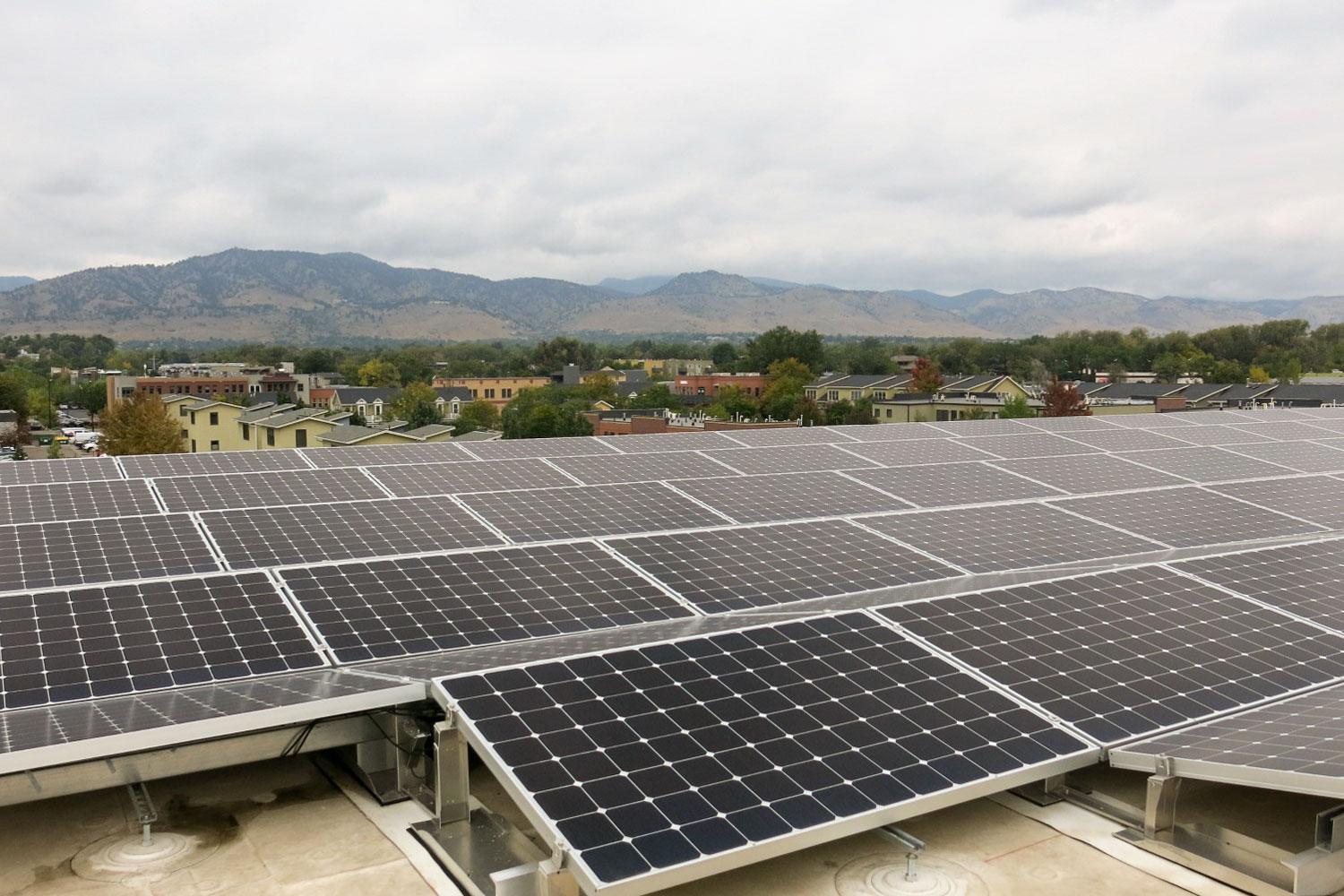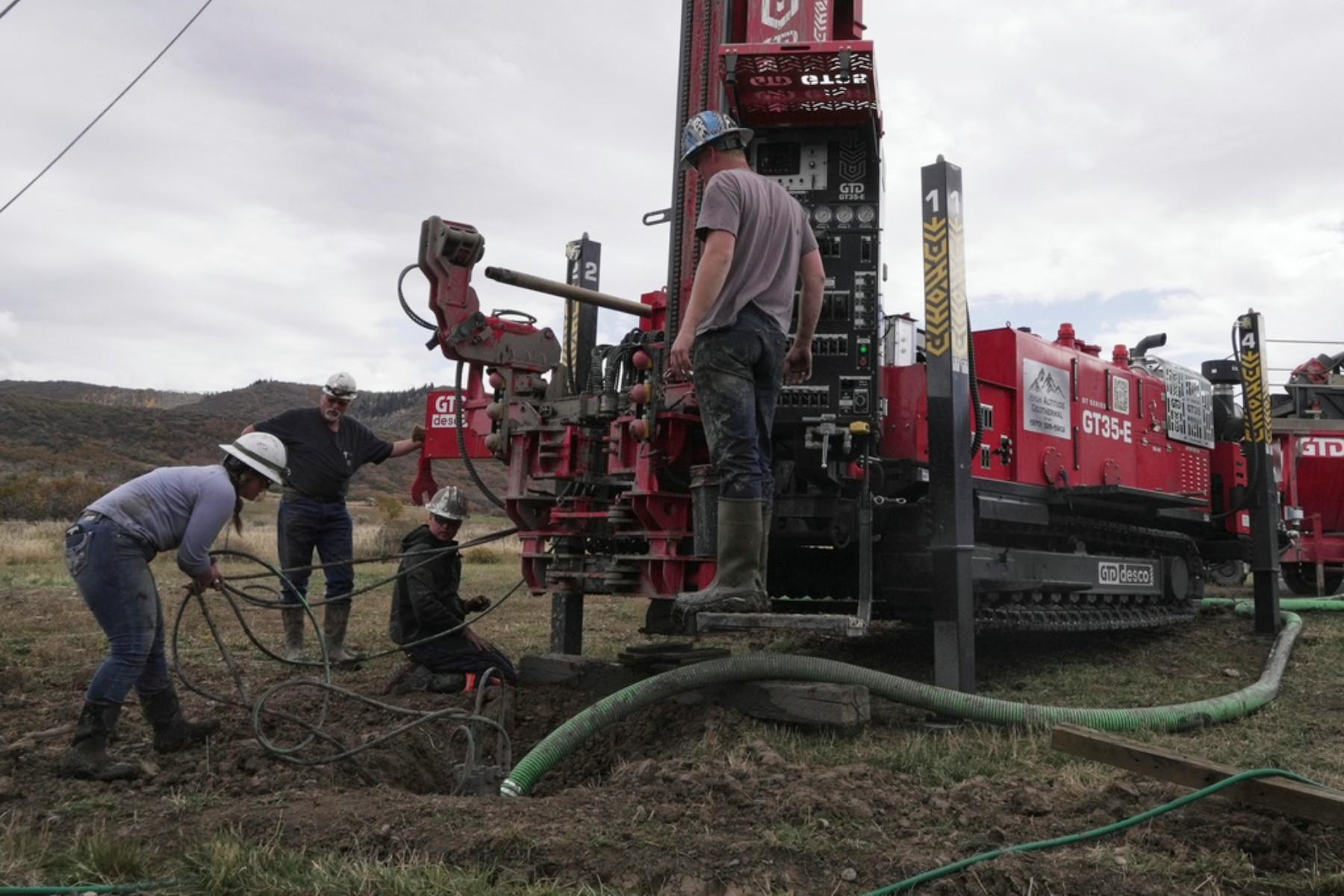
A rural electricity provider in Colorado coal country sent shockwaves Thursday when it announced plans to sever ties with wholesale power provider Tri-State Generation and Transmission in part because Tri-State is too closely tied to fossil fuels.
“Average member rates have increased by 56 percent since 2005,” said Virginia Harman, chief operating officer of the Delta-Montrose Electric Association. “That's more than double the increase of the Consumer Price Index. And that stands in stark contrast to the overall energy market in which prices have decreased significantly.”
Harman connects those rising costs to coal-fired power provider Tri-State, which she said isn’t doing enough to replace fossil fuels with cheaper wind and solar. Delta-Montrose is prevented from generating from wind and solar because the Tri-State contract limits local renewable power generation at 5 percent, Harman said.
“We would like to exceed that,” she said. “This is a way for us to look at more diverse energy mix and increased local generation.”
For its part, Tri-State said it’s disappointed the Association is taking its concerns to regulators.
Economic analyses are increasingly showing that it’s cheaper for power providers to scrap coal-fired power generation in favor of building cheaper wind and solar. A recent report by the Rocky Mountain Institute specifically analyzed Tri-State’s fossil fuel-centric power mix, concluding that coal retirement was a better option for customers.
Under the new plan, Delta-Montrose would buy power from Guzman Energy Group. The company is known as the wholesale power provider for the New Mexico-based Kit Carson Electric Association, which severed ties with Tri-State in 2016.
Guzman co-founder Chris Riley said Kit Carson has already seen dividends in the small rural New Mexico community in which its located. It contracted with local construction companies to build two solar farms, creating dozens of jobs.
“Over the last five or 10 years the world has changed,” Riley said, pointing to the declining costs of wind and solar. “Now you can have local distributed energy. And so that's why you see this action, this really is a seismic shift.”
Editor's Note: An earlier version of this story misspelled Virginia Harman's name.









